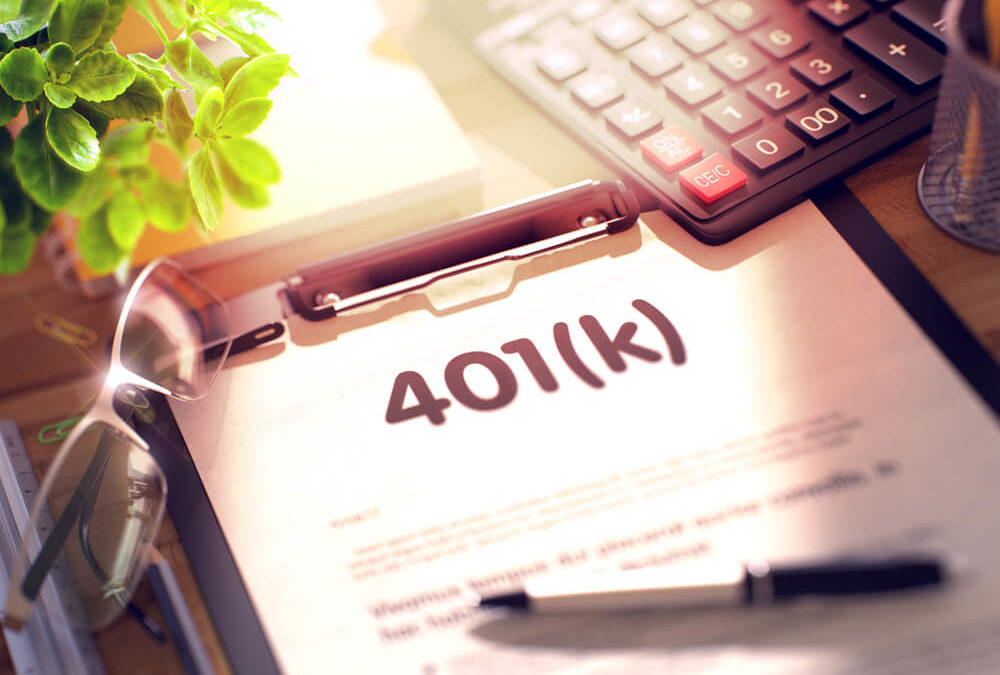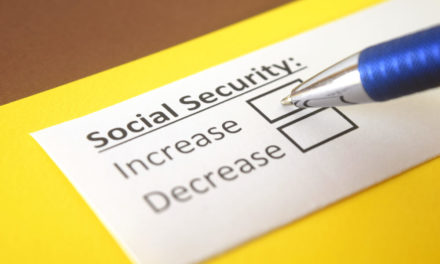It’s been a brutal week for trading after huge stock market losses Wednesday and Thursday sent investors reeling, but what exactly does that mean for your personal 401(k) retirement plan?
The answer, according to MarketWatch, isn’t so simple.
Per MarketWatch:
There’s a very good chance every retirement account will be affected by the volatility, since some portion of even the best diversified plans will be tied to equities. To be more precise, how much of an impact the volatility has depends on what funds employees are invested in, how much of their portfolios are allocated to those investments, and when they plan to retire.
“Next month’s statement probably won’t look so good for people,” said Eric Reich, an adviser at Reich Asset Management in Marmora, N.J. “Do not worry about this at all.”
Two-thirds of 401(k) participants were directly or indirectly invested in equities at the end of 2015, according to the Employee Benefit Research Institute, which consists of mutual funds and other pooled investments. The rest was a mix of target-date funds (which are also invested in equities mostly at its inception and then gradually rebalanced to conservative investments as the retirement year of the employee approaches), bond funds, guaranteed investment contracts and other types of investments. More plan participants were invested in stocks at the end of 2015 than before the financial crisis in 2007, the report, which was published in August 2017, found.
“The key for retirement plan participants is to not lose their long-term discipline and react to current market conditions,” he said.
Experts advise everyone to remain calm because volatility doesn’t mean the market is about to crash — at least not yet — and you should keep your long-term retirement goals in mind.
Increase contribution rates, rebalance your account if necessary and then forget about it, Reich said. And next time there’s a downturn? Consider adding more money to your retirement fund. There’s typically a silver lining to the downturns: stocks are “on sale,” experts say.




